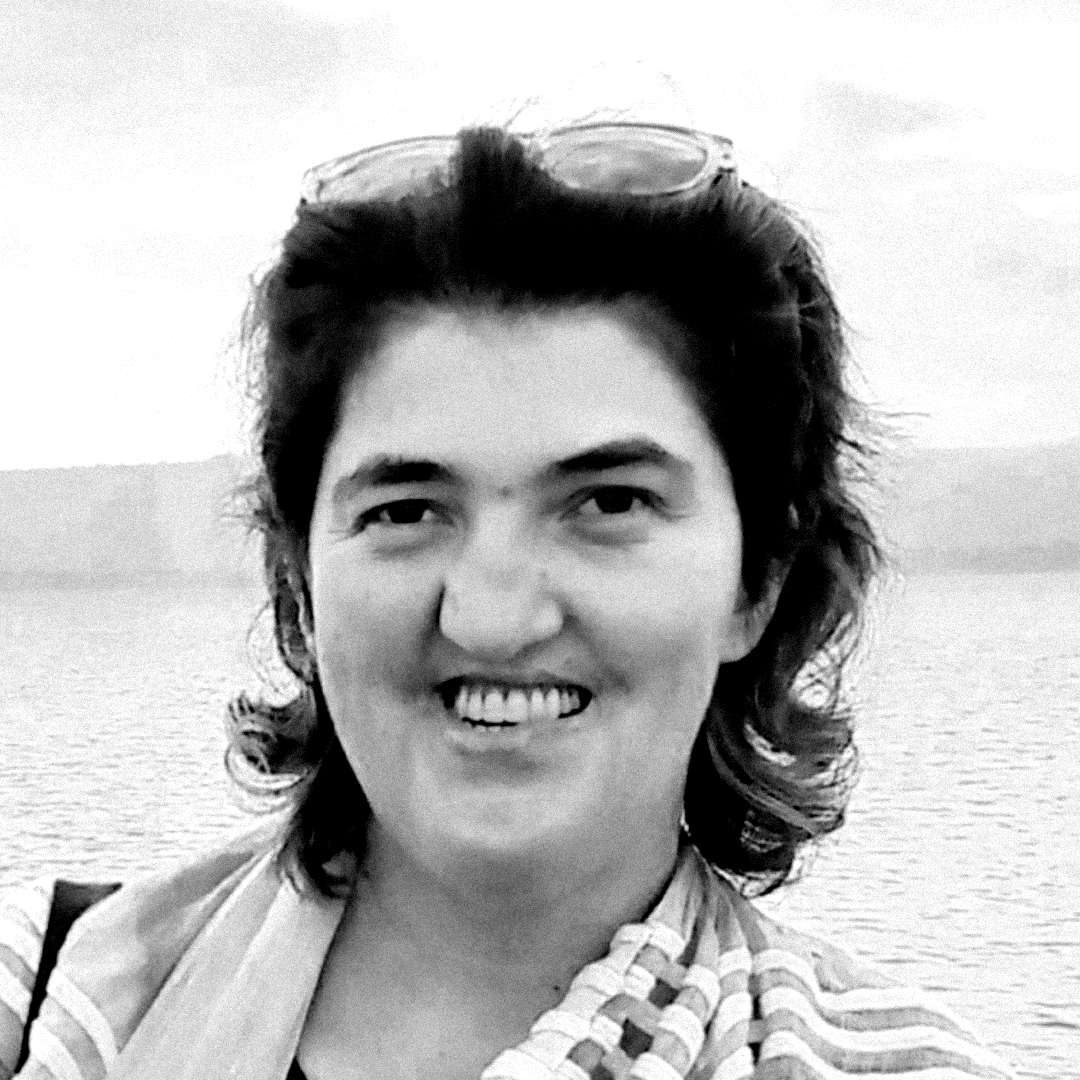
Teodora Borghoff is a local development expert, with extensive experience in facilitating participatory processes with multiple stakeholders, project design and project implementation for various structures ranging from NGOs to public administration. She has contributed in Timișoara’s candidacy for the European Capital of Culture Title from various positions and perspectives: first as executive director of the Timișoara European Capital of Culture Association (February-December 2012), later on as community facilitator and content editor of the bidbook (January – December 2016). Her experience in projects which reconcile and activate the members of the community was enriched as an EU-AID senior volunteer, and lobby and advocacy advisor in Ethiopia, and as programme director at the Timișoara Community Foundation.
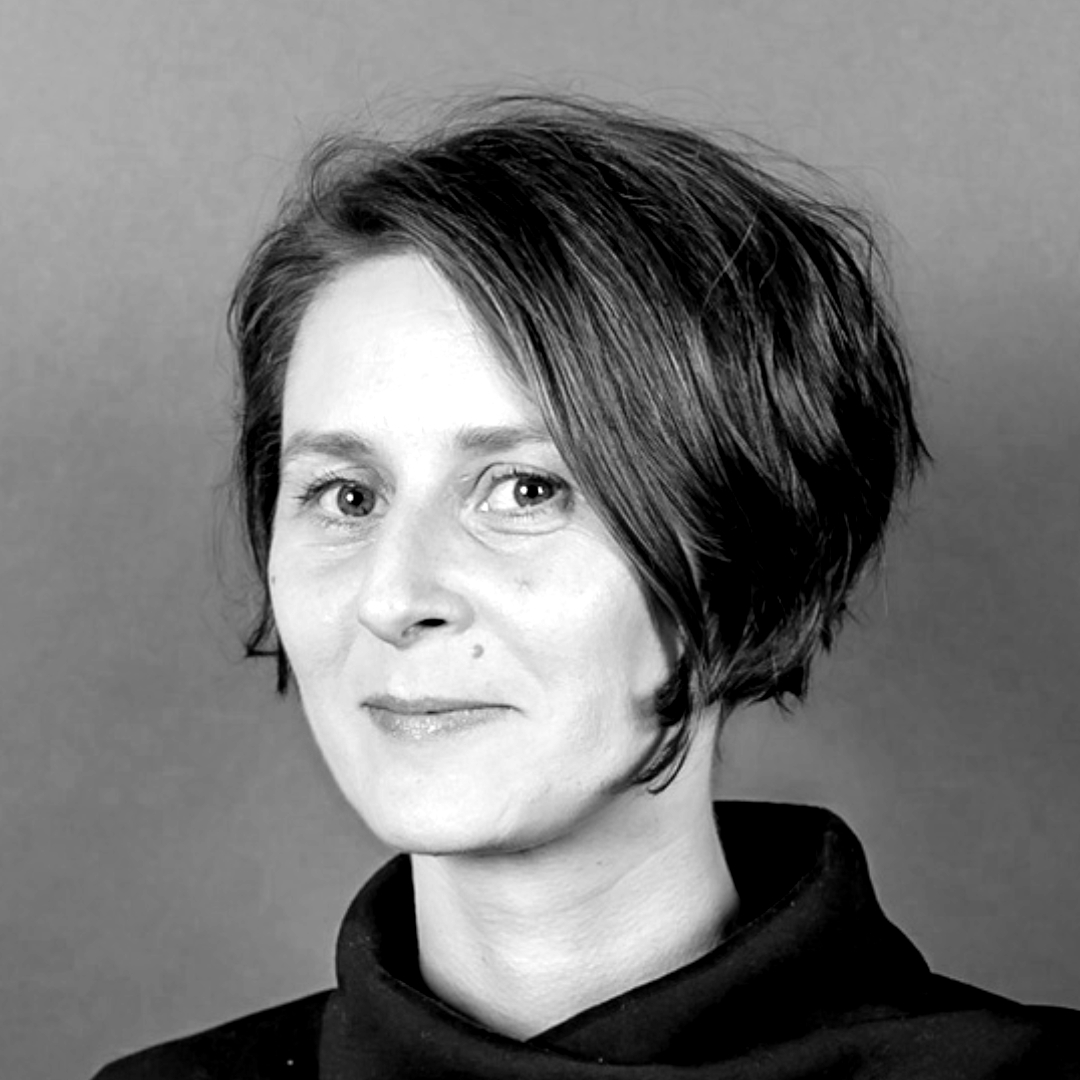
Corina Bucea is a cultural manager, with expertise in the coordination of cultural programmes, artistic production, education and art mediation programmes, and policies. She is one of the co-founders of the contemporary art space Paintbrush Factory (Fabrica de Pensule) in Cluj, Romania, where she worked as a manager and programme director. She has been involved in several international projects, being connected with networks such as IETM, Balkan Express, Tandem. She has worked in various projects representing Romania at the Art and Architecture Venice Biennale, and as project manager at the Cluj Cultural Centre.
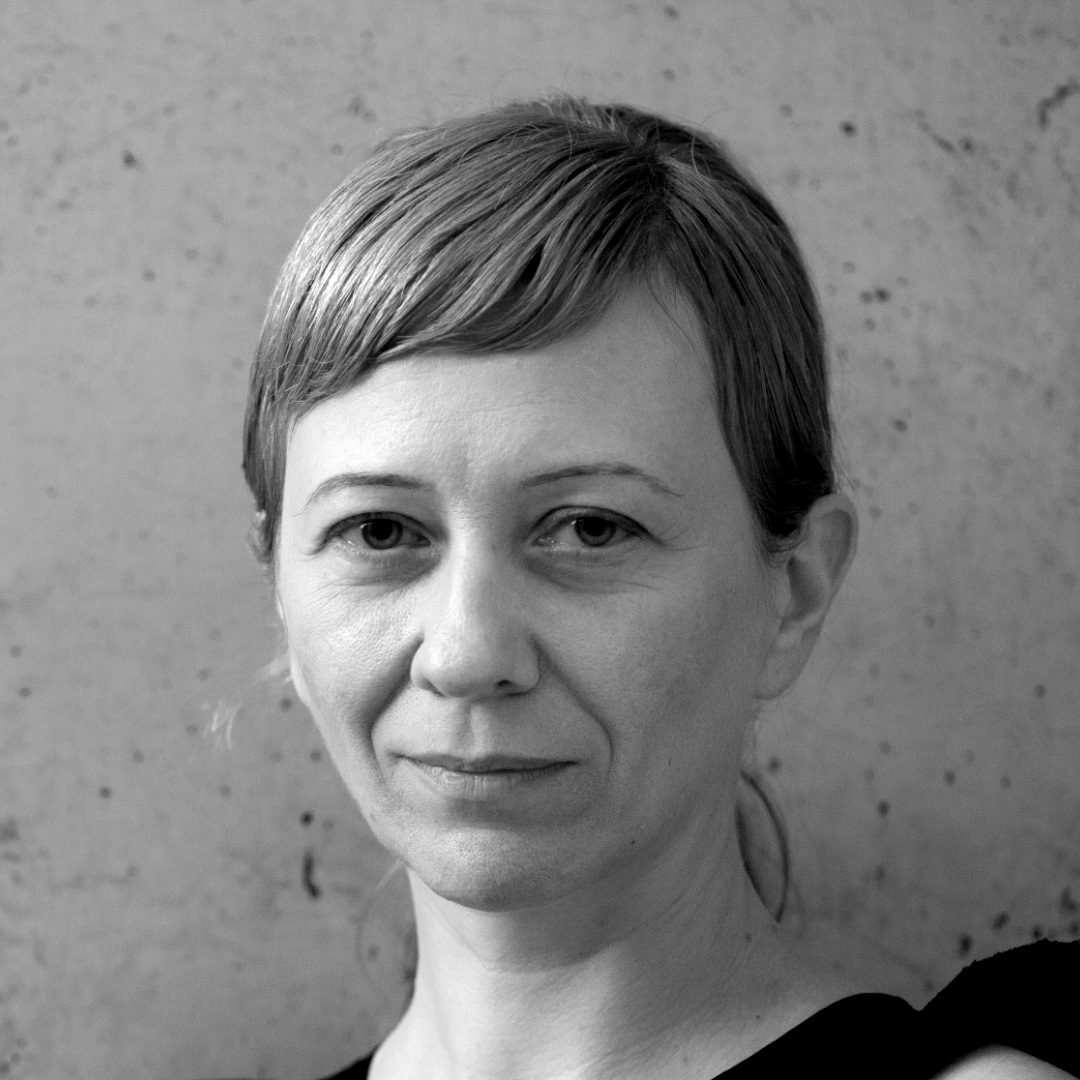
Cosmina Goagea Her research and curatorial practice is focused on museum exhibition, participatory architecture, place-making through cultural interventions, as well as cultural strategies for urban development. She has coordinated several programmes which involved international networks of curators, architects and artists, programmes which have received awards such as the DASA Award of European Museum Academy and the BIGSEE Design Award (for the National Museum of Romanian Literature and Anton Pann Memorial House), shortlisted at European Prize for Public Space (with the project “Magic Blocks. Scenarios for the socialist blocks of flats”), awards in the frame of Romanian Biennial of Architecture, Annual of Architecture Bucharest, Romanian Design Week (for the programs “Connected. Things about Future, Cities and People”, “Carol Factory”, “Bucharest South, Beyond the City”, “Urban Activations in Romania”). She leads the communication and action platform programme Zeppelin. Special interests:interaction design, cultural entrepreneurship, participatory art and urban interventions, social design, bottom-up city making, experience economy, situation design, cultural identity and sites of memory.
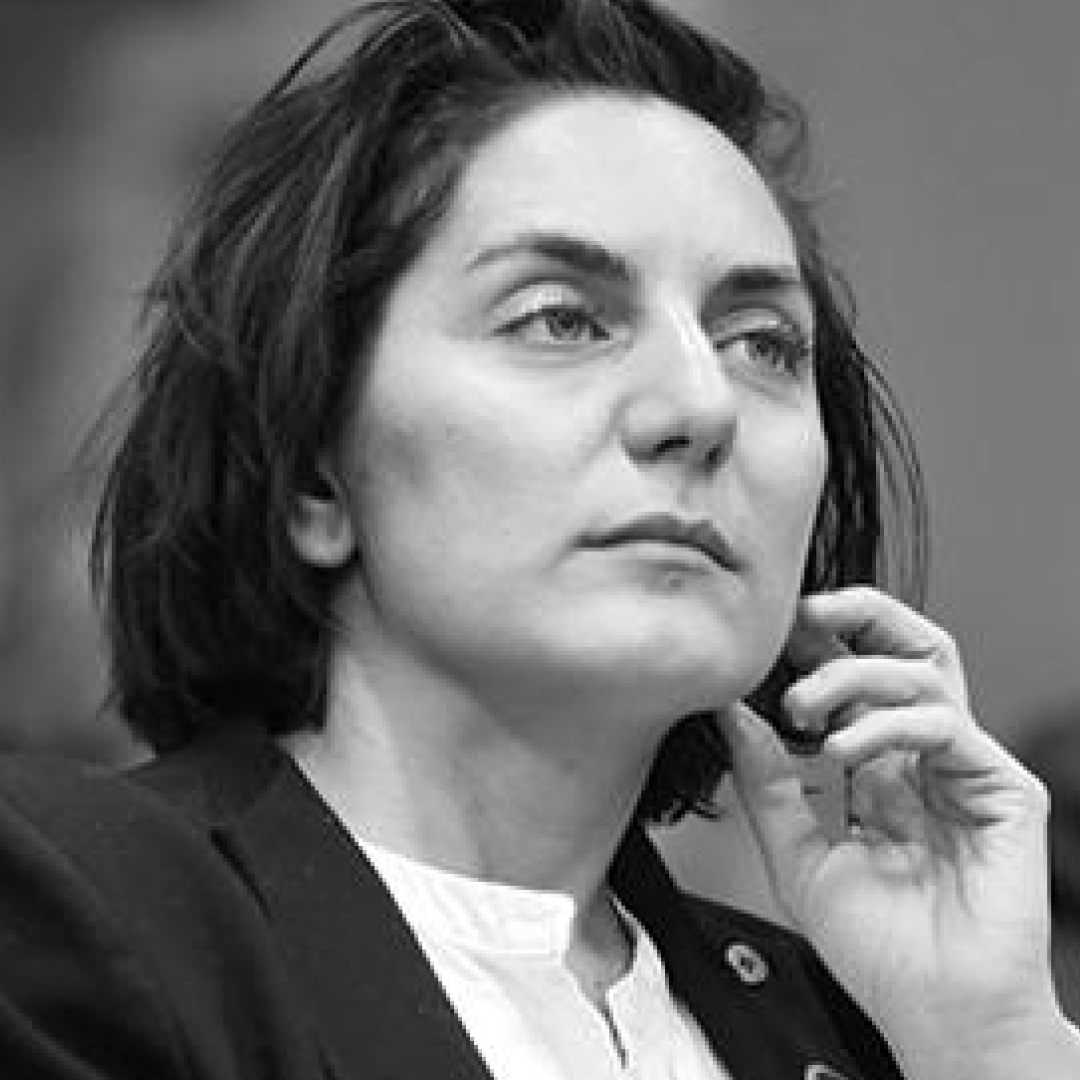
Corina Oprea is a curator, author, and editor with a solid experience in the academia and the arts. She got involved in developing networks of cooperation and action in the field of art research and curating practices. Her curatorial practice is versatile, it reaches for outcomes beyond mere show, and focus on the artists as vectors of change in the community, who have the capacity to address the issues of the marginalized.She is Managing Editor for L’Internationale Online and previously she has worked as Artistic Director of Konsthall C, Associate Curator at WELD, Assistant Artistic Director at Intercult (Stockholm), and Assistant Curator and Researcher at Centre Pompidou (Paris). She has taught Decolonization and Curatorial Practice at Stockholm University of Arts and she has been a guest lecturer at the Royal Institute of Art, Stockholm School of the Arts at DOCH, adn Loughborough University (UK). She is board member of the art publication Palleten (Sweden) and of the Quarto dance company (Sweden/Brazil). Her fields of interest include art research and art production, specifically performance and public space.
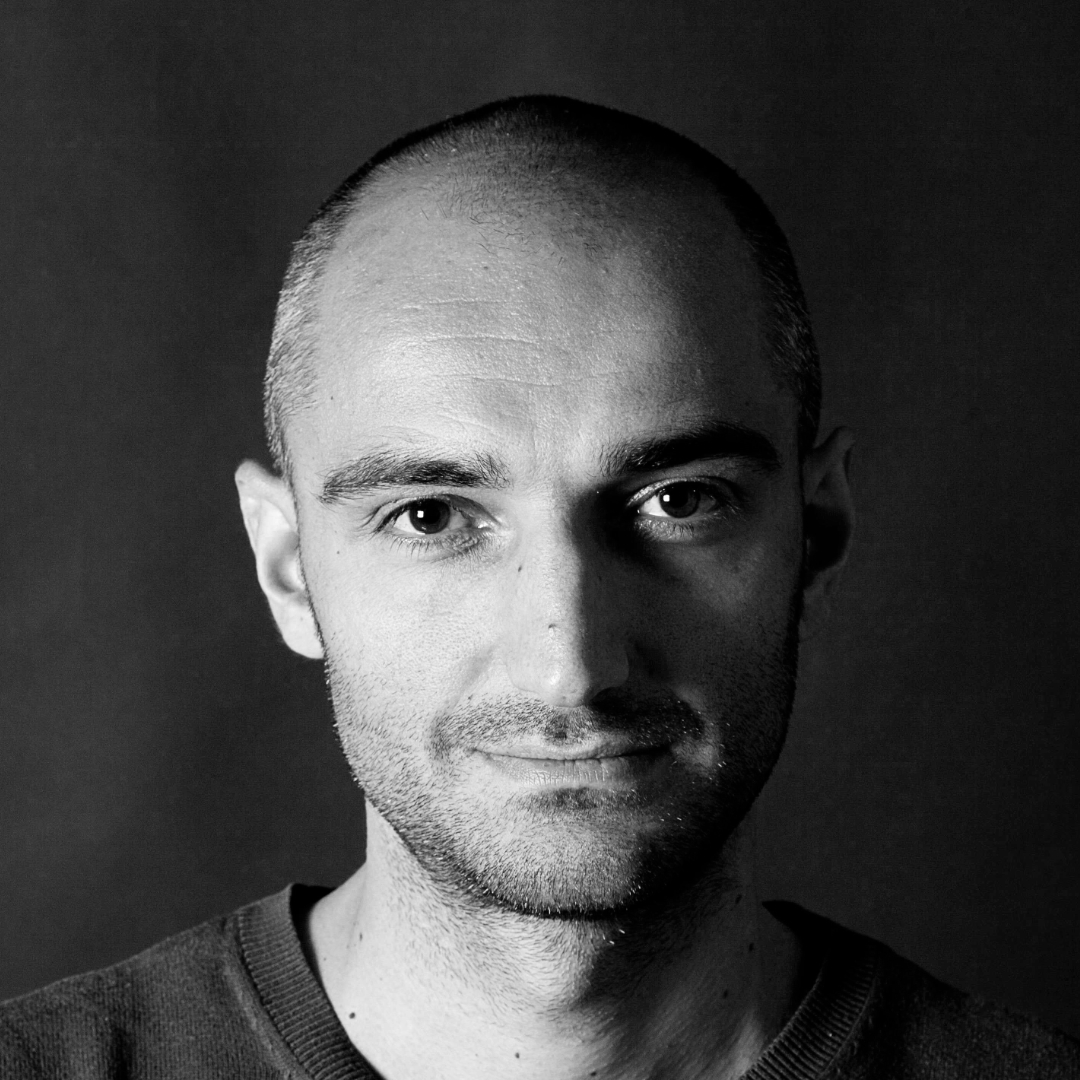
Silviu Scrob is a cultural manager specialized in cultural production management (technical production, stage management and project management). He has been the Technical Director of the Sibiu European Capital of Culture 2007 and worked as technical production manager for festivals and events like Electric Castle - New Media, Summer Well, ARTmania, Media Music Awards, Pope Francis Visit in Blaj, Golden Stag, TIFF, Sibiu International Theatre Festival. He has a profound interest in the cultural and creative industries and holds a PhD in the field of Performing Arts. Starting with 2014, he manifested his passion for jazz in the Mozaic Jazz Festival.
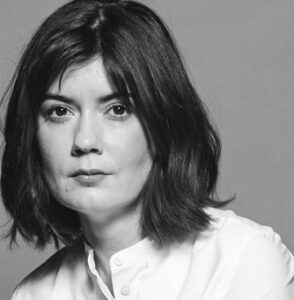
Magda Radu is a curator and art historian based in Bucharest. She is a founder and co-director of the independent art space Salonul de proiecte – a program focused on the production of new artworks, publications and discursive platforms. She is the editor or co-editor of exhibition catalogs and books including Paul Neagu – The Monograph (2022), Art in Romania Between 1945- 2000. An Analysis from Today’s Perspective (2016), Dear Money (2014) and André Cadere/Andrei Cădere (2011). She co-curated the first international retrospective of Paul Neagu at Kunstmuseum Liechtenstein (2021), Neue Galerie Graz (2022), and The Museum of Art Timișoara (2022-2023). In the last few years she curated exhibitions at institutions including KIOSK Ghent (in the framework of Europalia 2019); Neuer Berliner Kunstverein Berlin (n.b.k.); ArtEnconters Biennale, Timișoara; The National Museum of Contemporary Art, Bucharest; MUSAC, Leon; Spinnerei, Leipzig; Photo España, Madrid. In 2017, she curated the Romanian Pavilion at the 57th Venice Biennale and presented the project Geta Brătescu – Apparitions. In the context of Timișoara 2023 she co-curated the exhibition Mircea Nicolae – Small Things, Precious Things, an exhibition conceived by Salonul de proiecte.